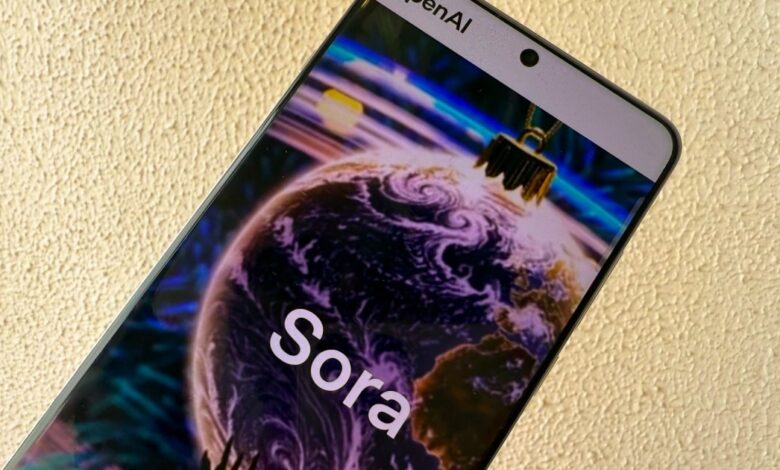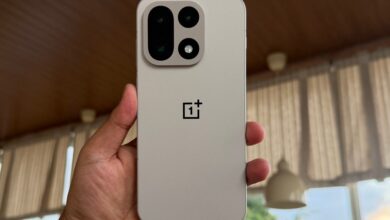Unmasking Sora Imposters on the App Store: Find the Real Deal

The Rise of Sora and the Surge of Imitators
The excitement surrounding the launch of Sora has attracted a wave of opportunistic developers. Following its release, numerous apps have emerged, some entirely new while others are older applications that hastily rebranded themselves with “Sora” in thier titles to capitalize on the buzz.
According to reports from TechCrunch, Appfigures—an analytics firm focused on app stores—identified over a dozen apps using the Sora name shortly after its debut. more than half of these were cleverly named “Sora 2” to capture search traffic effectively.These counterfeit applications collectively amassed around 300,000 downloads,with approximately 80,000 occurring right after Sora's launch.This surge translated into over $160,000 in revenue for these clones.
This comes on the heels of OpenAI announcing that Sora 2 achieved an notable milestone: it surpassed one million downloads at an astonishing pace.While Apple has taken steps to remove many fraudulent listings from its store,some remain available. Apps like “PetReels: Sora for Pets,” “Viral AI Photo Maker: Vi-sora,” and “Sora 2: Video Generator Ai” continue to exist without immediate action against them. One especially popular imitation app called “Sora 2: AI Video Generator” has already crossed the threshold of 50,000 installs.
Why This Matters
The frenzy surrounding hot app launches frequently enough leads users to download without due diligence. When trademarked names slip through review processes unnoticed, users may inadvertently select incorrect results or pay for subpar products. Such incidents can undermine trust in app marketplaces significantly.
The strategy behind keyword manipulation is proving effective and swift here; simply renaming an application can propel low-quality offerings into prominent search results.
Blind spots in reviews become glaring issues as they turn into headlines that warn users about potential pitfalls when searching for trending new apps.
Understanding the Risks Involved
So why should you be concerned? A single careless tap could led you down a costly path. These copycat applications exploit user curiosity and can result in unexpected charges that are difficult to resolve later on. You might believe you're downloading OpenAI’s official product only to find yourself billed for a substandard option instead.
Your finances are often at risk since many clones promote free trials that quickly convert into expensive subscriptions before you even realize it’s happening.
Moreover, low-quality apps frequently request more permissions than necessary which could expose your device to malware threats. It’s crucial always to read through what access an application requires before hitting download or install buttons.
What Lies Ahead?
Apple continues its efforts to eliminate fake applications from its platform while genuine interest in Sora remains high among users eager for authentic experiences. To avoid falling victim amidst this chaos requires just a few simple checks so you can confidently locate OpenAI's legitimate listing without any guesswork involved.
When searching online or within your app store, type “Sora by OpenAI” and ensure that OpenAI is listed as the publisher associated with it.
For added security and peace of mind during your search process, consider following links directly from OpenAI’s official website or their verified social media accounts; this will help steer clear of misleading options while also allowing you report any obvious fakes encountered along your journey through App Store pages.
and don't forget! NoveByte might earn a little pocket change when you click on our links, helping us keep this delightful journalism rollercoaster free for all! These links don’t sway our editorial judgment so you can trust us.If you’re feeling generous support us here!





